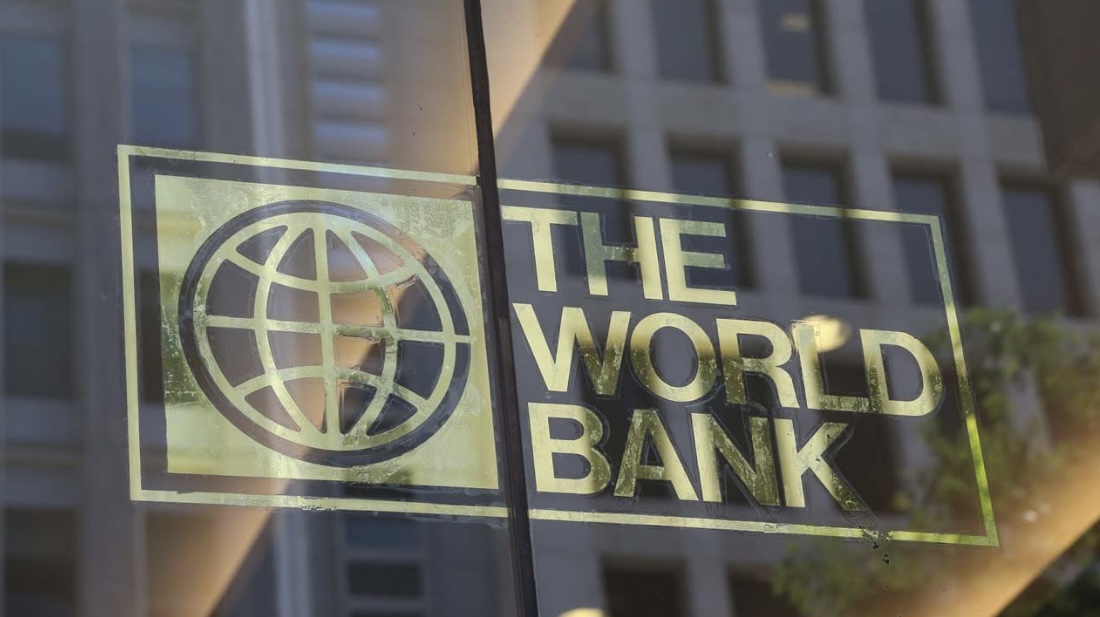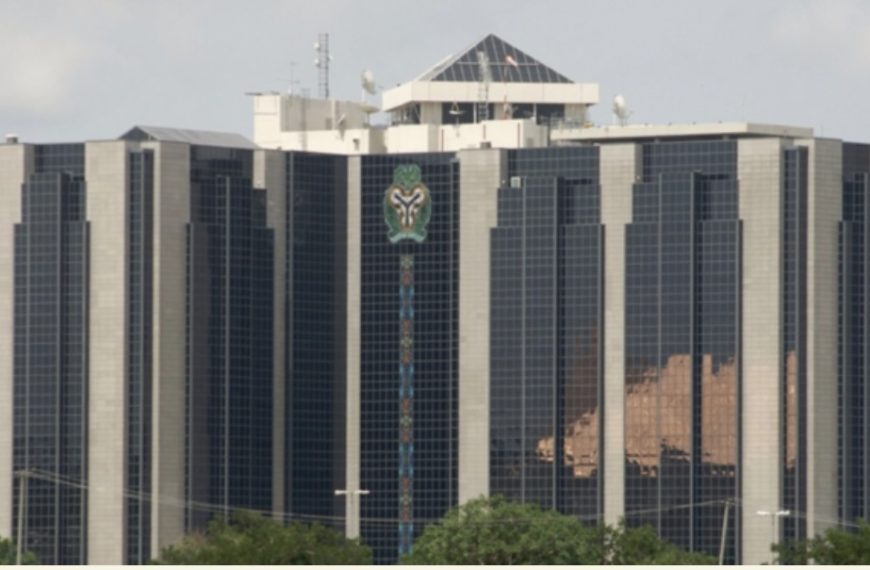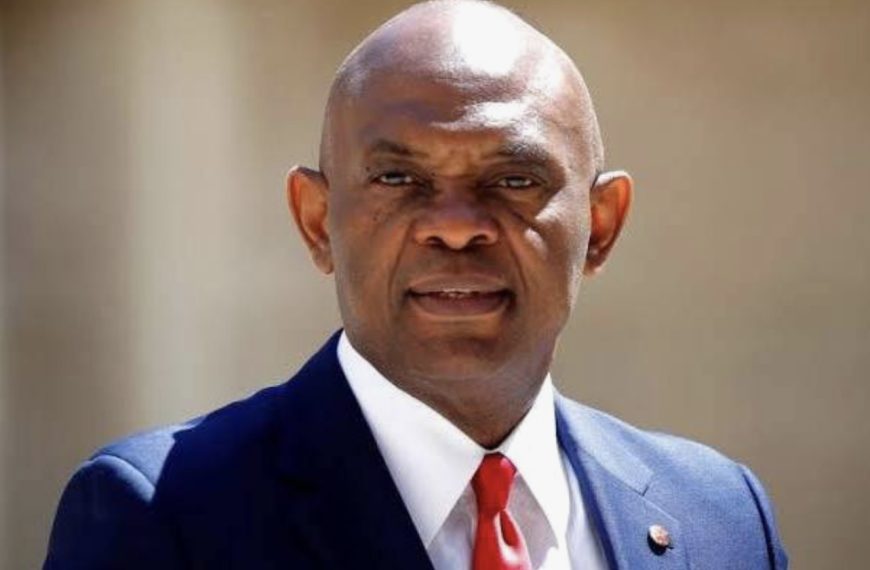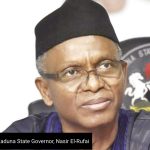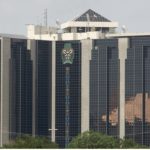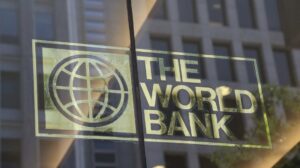
The Federal Government and the World Bank have entered a fresh partnership towards tackling poverty and boosting the living standards of Nigeria’s vulnerable populations.
This was as the Independent Media and Policy Initiative (IMPI) described the stance of former Senate Chief Whip, Mohammed Ndume, on World Bank loans secured by the President Bola Tinubu administration as a deliberate misrepresentation of facts.
Through the various social investment programmes, the global bank is releasing $17 billion for poverty reduction programmes in Nigeria.
World Bank Regional Vice President, Western and Central Africa, Ousmane Diagana, made this known at a meeting with the Minister of Humanitarian Affairs and Poverty Reduction, Prof Yilwatda Nentawe, and his Minister of State, Dr Yusuf Sununu, yesterday, in Abuja.
He said: “This partnership of the World Bank is anchored in a strategy that allows Nigeria to continue to make progress as a developing country by providing quality services to the people through job creation and others.
“In that regard, we have a large programme here in Nigeria of more than $17 billion as a commitment to do what is necessary in terms of investment and reforms.”
On his part, Nentawe said all beneficiaries of the Conditional Cash Transfer poverty reduction intervention of the Federal Government would be given a digital identity and, therefore, could be digitally traced.
He said: “This digital identity offers not just social inclusion but also financial inclusion to hundreds of thousands of Nigerians who, before now, were not socially inclusive and were also not financially included in Nigeria.”
IN a policy statement signed by its Chairman, Dr Omoniyi Akinsiju, IMPI argued that Ndume’s criticism showed a narrow understanding of the multi-faceted nature of development.
It said: “Our analysis shows that World Bank loans accounted for nearly 80 per cent of Nigeria’s multilateral debt in 2024, rising modestly from $21.15 billion in 2023 to $22.32 billion in 2024, a 5.5 per cent increase, not the $9.5 billion figure Ndume cited.
“Meanwhile, Nigeria’s International Monetary Fund (IMF) debt fell sharply from $2.47 billion to $800.23 million (-67.6 per cent) over the same period. This evidence supports the view that the Tinubu administration is not carelessly accumulating debt but carefully balancing and securing new credit for critical sectors and reducing overall public debt.”
Also, the think-tank countered Ndume’s claim that the loans by-passed parliamentary scrutiny, adding: “The World Bank credit approval process requires approval by its internal arms (IDA or IBRD) and subsequent concurrence by the National Assembly before disbursement. For the record, the World Bank approved six projects (valued at $4.25 billion) for Nigeria in 2024, but actual disbursements between 2023 and 2024 stand at just $2.36 billion, far from the $9.5 billion claimed.
After analysing the World Bank data on Nigeria’s loans in the last 22 months, the group was emphatic that the fourth-term senator did not have enough facts on the country’s debt profile.
The policy group also urged people in positions of authority to always prioritise accuracy and transparency in their public engagements rather than playing to the gallery.
The Guardian

